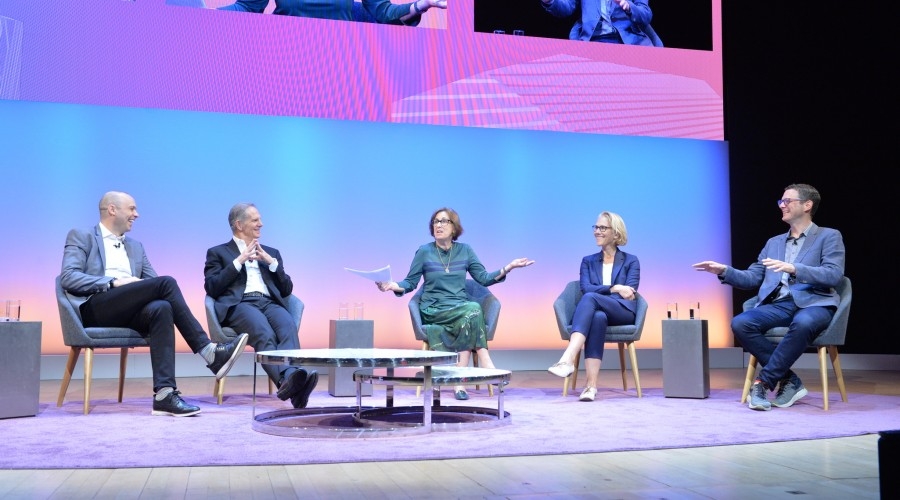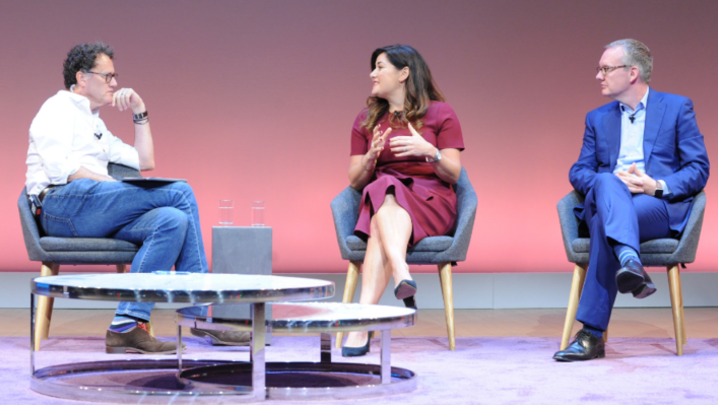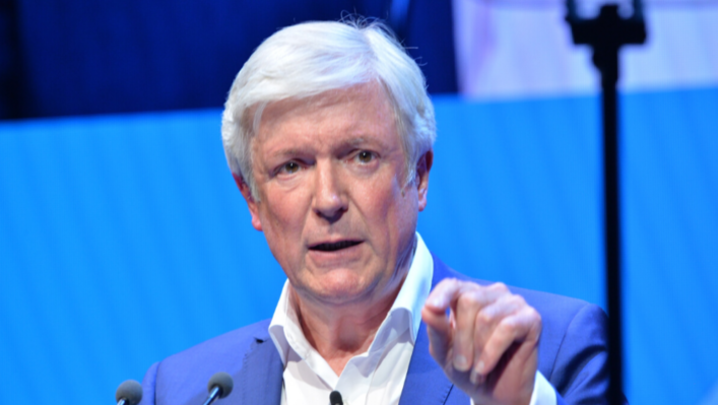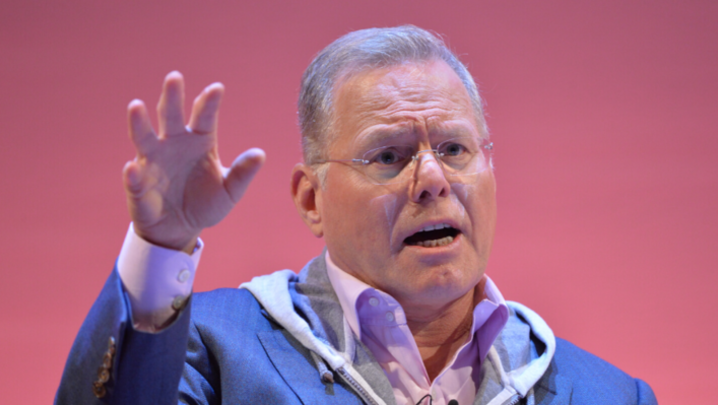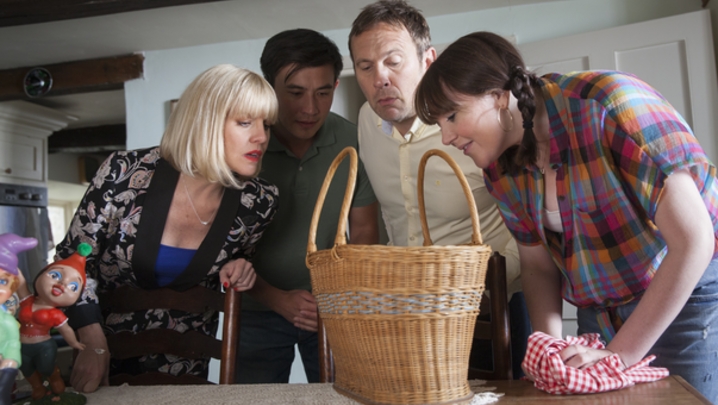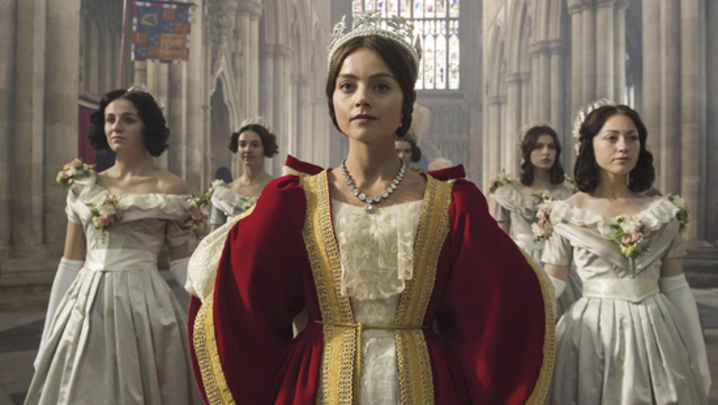The rise of the television streamers and changing audience behaviour threaten to upset TV’s traditional order, but this session surfed on a wave of optimism from producers and broadcasters alike.
The BBC has responded to the rise of subscription video-on-demand services by extending the iPlayer catch-up window from 30 days to one year.
BBC iPlayer chief Dan McGolpin defended the decision: “TV works in seasons… it means that things which are on a yearly cycle, such as The Apprentice, will be there.” He claimed that audiences, months after transmission, can now be “substantial” – some 40% of Killing Eve’s audience came to the thriller after the original catch-up window.
“We need to recognise that [many of] our licence-fee payers are young and not watching broadcast TV in traditional ways,” he added. “This model of [having] just a few episodes available for catch-up doesn’t work any more.”
Pact is currently negotiating a deal with the BBC for its independent producer members. All3Media CEO Jane Turton agreed that the catch-up window needed to be extended, but “only on the right terms” for producers: “If there is a sacrifice in value for the production community… that has to be made good with some changes in the terms of trade with the BBC.”
Session chair Kirsty Wark came straight to the point, asking McGolpin: “Is there a danger that it looks like you are holding a gun to producers’ heads?”
“We’re absolutely not doing that,” he replied. “[But] if our licence-fee payers… want to watch in a different way, we have to recognise that.”
McGolpin added: “If you look at the rights we’re asking for, we’re still asking for a lot less than if you go and do a deal with a global SVoD.”
ITV Studios MD Julian Bellamy backed the BBC, but with a sting in the tail: “I completely understand where the BBC is coming from… we all want to support anything that strengthens the public service broadcasting ecology, but my first duty is to protect the interests of ITV Studios.
“We’ve had productive conversations with the BBC over the past few weeks and months, and we’re getting to a place where we can see a way to make it work.”
The growing number of SVoD players, such as Netflix, Amazon Prime, Disney+ and Apple TV+ – all of which are hungry for content – gives producers more outlets for their programmes.
"Do not underestimate the power and resilience of linear broadcasters"
“From the perspective of a studio, having more buyers makes it a wonderful time to be a producer,” said former ABC Studios executive vice-president Howard Davine. Historically, he explained, TV production was “heavily deficit-funded” in the US. “You would deficit-fund significant millions per episode for quite a long period of time, hoping to eventually get that hit, CSI or The Big Bang Theory, that would wash away all the losses and provide
a significant profit margin to the company. Now you have the SVoD players, who give you the opportunity to do relatively large-budget programming for very little risk – in fact, no risk.”
SVoDs, he added, “fund 100% of the cost of production”, although producers have to give up some rights in return.
So, asked, Wark, “Is it springtime for producers?” Turton replied: “Yes, it’s good… [SVoDs] have put a lot of money in, there’s no doubt about that, but I think that, creatively, it’s been very stimulating as well.”
McGolpin, however, sounded a note of caution: “The Ofcom report [‘Media nations: UK 2019’] said that SVoDs made something like 200-odd hours
of [original] UK content last year, compared with the PSBs’ 32,000, so I think we have to be a bit careful about saying that small indies are going to pitch loads of hours to SVoDs.”
With the launch of Apple TV+ on 1 November, Wark reckoned there would be “eight big streamers” in the market: “Are they all sustainable?”
Davine argued that the key to success would be “how you differentiate yourself to the consumer”. Disney+, for example, will be “brand-focused”, he said, because “the Disney brand is probably the most iconic and powerful brand in the world in terms of entertainment”.
“None of us knows,” admitted Turton. “What we like as producers is that there are more buyers with big budgets coming looking for content.”
Who would be the winners and losers in this new TV landscape, asked Wark. “Do not underestimate the power and resilience of traditional linear broadcasters,” said Bellamy. “This is a hits business and the winners will be defined by the hits they have and, in the end, that means that those [SVoD] players – [in fact] all the players – need to find ways to be the most attractive partner for producers.”
“We can all agree on one thing,” said Davine. “This has to be the most exciting time for us in the TV business.… As creators of content, these other platforms that keep growing are giving us opportunities to sell.”
“Uncertainty and opportunity are two sides of the same coin, and I think that’s the theme of this conference,” added McGolpin. “It’s an exciting time to be in TV.”
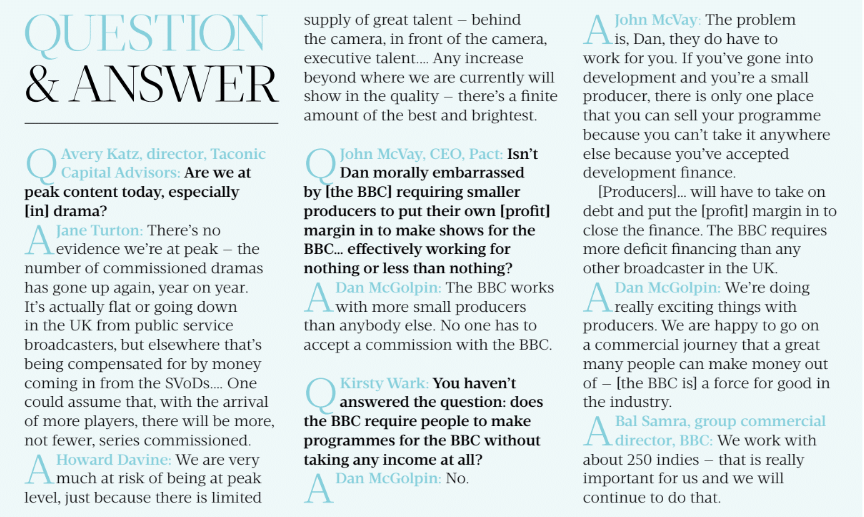
Session Seven, ‘The rights stuff’, featured: Julian Bellamy, MD, ITV Studios; Howard Davine, former ABC Studios executive vice-president, ITV; Dan McGolpin, controller, programming and iPlayer, BBC; and Jane Turton, CEO, All3Media. It was chaired by the journalist, broadcaster and writer Kirsty Wark and produced by Alan Clements. Report by Matthew Bell.

